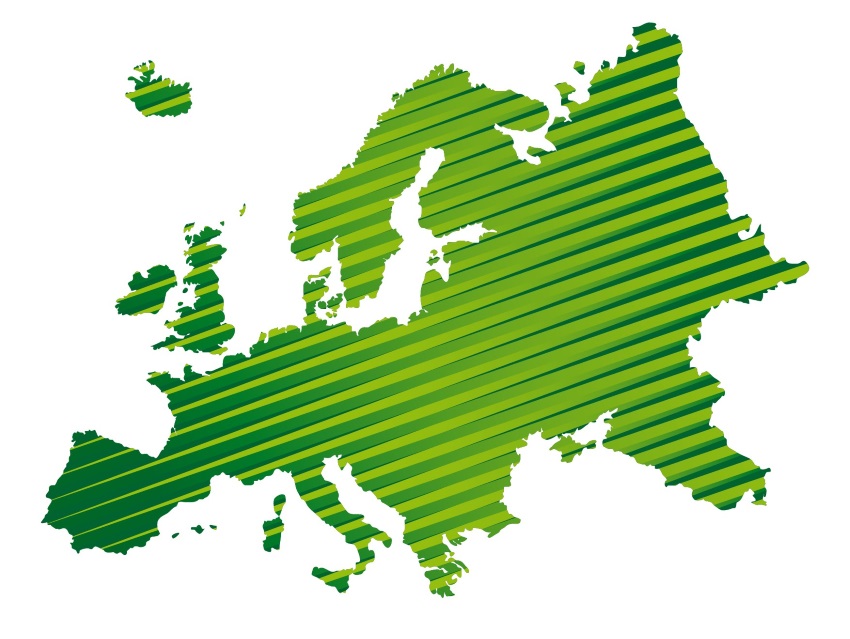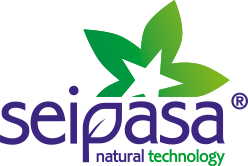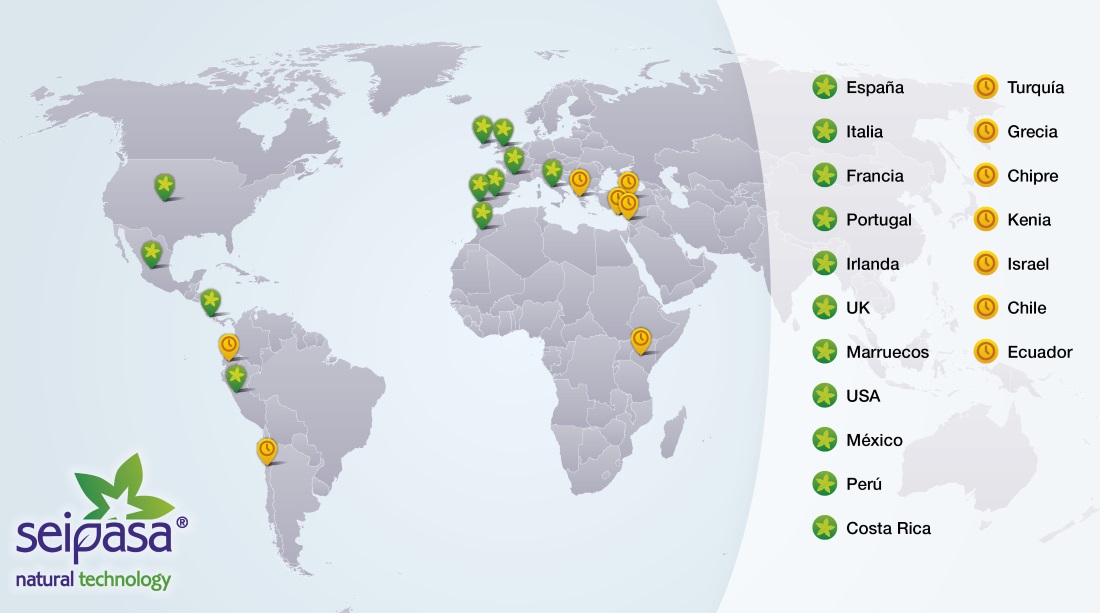Registering plant protection products in agriculture: in which direction European legislation is making progress

Registering plant protection products in agriculture is a key element in the development, management and progress of the agri-food sector. Its importance has become even bigger in recent years, in a context marked by the effects of climate change on the social, environmental and economic future of the planet.
The analysis of the consequences of climate change has a broad documentary base in the form of studies and researches that are closely linked to the agricultural production sector. On the one hand, the abusive use of chemical fertilizers in agriculture for decades has contributed to the deterioration of soil quality, air and water pollution, among other factors.
Agricultural production bears some of the responsibility for the effects of climate change that are most visible to this day. However, when analysed from a second perspective, it is clear that agriculture has been hit hard by the same consequences of climate change in the form of increased pressure from pests and diseases, the appearance of new resistances and a notable reduction in production, as well as the hardening of droughts and the alteration of water cycles.
Registering plant protection products appears as a cross-cutting element between these two prisms, as we are talking about an agricultural market increasingly regulated by national and supranational regulations. In this sense, the registration of plant protection products in agriculture guarantees that the products used for the treatment of pests and diseases on crops comply with all the requirements for safe food production or, in other words, that they are completely adapted to the needs of each country and market.
The challenge of the new agriculture
The challenge of the new agriculture is to produce food under optimum quality, quantity and cost conditions, including compliance with the Maximum Residue Limits (MRLs) allowed by the destination countries, but also those MRLs required by the large supermarket chains, which request even lower levels than those typified. In this sense, the European legislation plays a fundamental role in establishing the regulatory framework in which the relation between consumers, the production and auxiliary industries take place.
A brief review of the regulatory framework leads us to Directive 91/414/EC, which established a single system for the registration of all active substances marketed within the EU. This review affected 75% of the active substances, especially insecticides, acaricides and nematicides, whose profile had a more negative impact on human health and the environment.
Registration of plant protection products: coexistence within the European legislative framework
Subsequently, the European Parliament approved the Regulation 1107/2009 on plant protection products, which drives the marketing and use of these products over the next two decades. The new Regulation results in an evolution, while repealing the previous Directive. It lays down the procedure and requirements for the approval of active substances within the European Union, setting out the health and environmental criteria to be approved. Thus, the new Regulation represents a new revision of active substances which is moving towards the elimination of those with a greater toxicological component and a negative impact on human health, the environment and animal species.
There are currently 493 active substances approved for crop protection in the EU, although this figure will be gradually reduced as a result of the review of active substances provided for in the Regulation. In practice, this means the gradual disappearance of a number of tools available to farmers and producers for pest control and diseases. Those chemically synthesised plant protection products whose active substances are no longer authorised at European level will disappear. It means that agriculture needs new tools capable of sustaining the agricultural production model under much more restrictive criteria.
Seipasa's experience in the registration of plant protection products has gone beyond the restrictions introduced by the European legislation. Dedicated to the development, formulation and manufacture of natural solutions for agriculture since its foundation 20 years ago, Seipasa has worked to put on the market registered products which, being equally effective, are fully aligned with the new regulatory framework in their implications for the environment and society. The aim is to reduce the impact caused by the progressive loss of active substances in agriculture.
The company has 15 years of experience in the registration of plant protection products at global level. Seipasa obtained phytosanitary registrations in countries such as the United States, Mexico, Peru, Morocco, Spain, Italy, France and the United Kingdom. This implies having solutions adapted to the needs of each market and authorised for being used and commercialized in the most demanding farms of the planet. There are also processes underway to obtain new plant protection registrations in countries such as Chile, Turkey, Greece and Cyprus.
World map of Seipasa's phytosanitary registrations. In green, countries where the company currently has plant protection registration. In yellow are the countries where processes are underway for the certificates to arrive soon.
New challenges for the future
The case of Fungisei is revelant in this scenario. Fungisei is a new generation biological fungicide developed from an own strain of Bacillus subtilis. When obtaining the corresponding plant protection registration, it is expected that Fungisei will become one of the 13 substances considered low risk under the Regulation 1107/2009.
Based on accumulated experience, the challenges for a company such as Seipasa are to work together with the rest of the industry towards the harmonisation of requirements in the process of registering plant protection products at global level. At present, active substances must be authorised at European level, but plant protection products containing these active substances require individual authorisation by each Member State.
Besides the disparity of criteria in each country, the great economic effort and time investment must be considered too, making the process of registering of plant protection products a real obstacle race for medium-sized companies such as Seipasa. These are processes that can take between 8 and 10 years from the initial development of the formulation to the launch of the product with profitability criteria.
In addition, it is convenient to add an investment that can be around 11 million dollars. All things considered, we are facing a scenario that, in practice, not only slows the arrival of new solutions for farmers, but also increases the price of the alternatives that the market needs under this new legislative criteria.
The challenges of climate change in agriculture force the generation of new tools aligned with sustainability and the European legislative framework. The experience of companies such as Seipasa is based on the design of registered bioinsecticide and biofungicide solutions capable of replacing the progressive loss of active substances imposed by European regulations. The challenge is to do so in a much more harmonised market where registration criteria are converging in the same direction.


